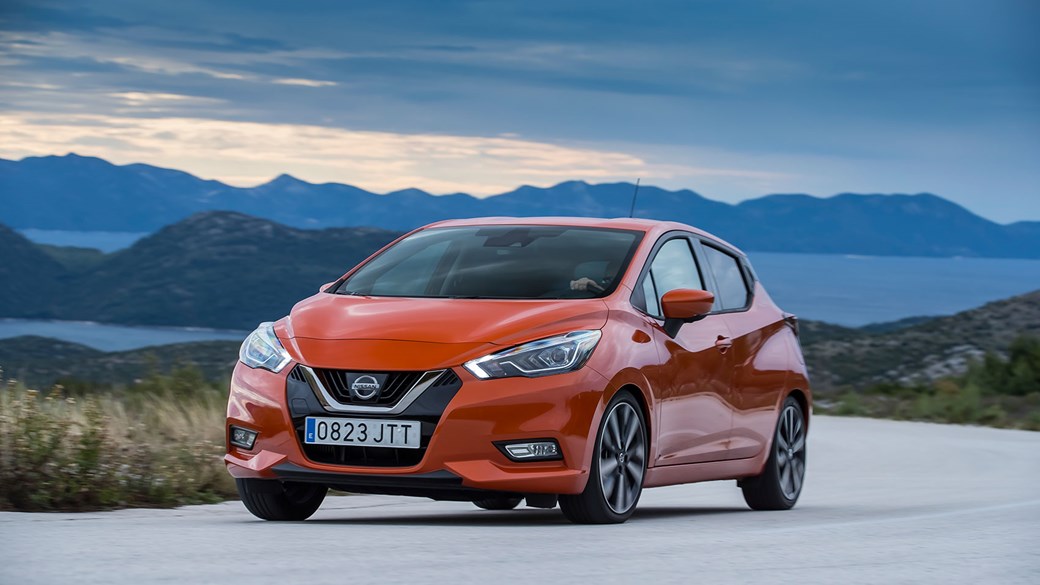Enhancing fuel economics offers us the promise of lessening our oil use without needing us to compromise driving our automobiles. Despite this promise the average fuel economics of new light duty vehicles in the US has made worse over the previous 20 years as sales of bigger and more strong vehicles have risen. Why has this occurred, and how should we think about guidelines to improve fuel economics? Numerous studies suggest that developments in fuel economics may be cost efficient, that’s, the gasoline savings can cover the price of fuel saving technologies. A 2004 summary by the bipartisan synthesis report on Energy Policy estimated that fuel economics could be made better from 20 to 50 percent with a net savings to auto buyers.
Why have market forces not driven customers to demand and manufacturing companies to make more fuel efficient vehicles? A part of the answer is that most technology that could be used to improve fuel economics could likewise be used to improve hp. Arguably, customers have discovered greater value in vehicle power and size than in fuel economy. If that same technology could be used to provide a rise in power or size that’s worth $20 to customers, the marketplace will push technology toward power and size over fuel economy. If consumer selections about size and power versus fuel economics are cautiously informed, the only reason for government intervention is if the market price of oil doesn’t reflect its true social costs, like the environmental or safety issues associated with oil use the exact affect society, but aren’t reflected in market prices.

Several arguments suggest that customers and producers aren’t making good decisions about fuel economy. The first is that customers might not know, recognize, or believe there certainly are differences in fuel economics among automobiles-a view perhaps supported by EPA latest rule making to significantly adjust fuel economics labeling. Second of all, if consumers understand that these differences exist and are real, they might not rank fuel economics high enough to worry about when searching for an automobile, cargo capacity, power, and styling can be more important.
Lastly, even when consumers do consider fuel economics, they might not find the exact the corresponding net gain of about $50? $500 associated with fuel economics decisions makes a large enough distinction to sway their selection of vehicle. Lastly, consumers might not properly account for the entire value of future fuel economy of a more fuel efficient vehicle, considering, for instance, only the first several years of savings as opposed to the entire vehicle lifetime.
Comments
0 comments
